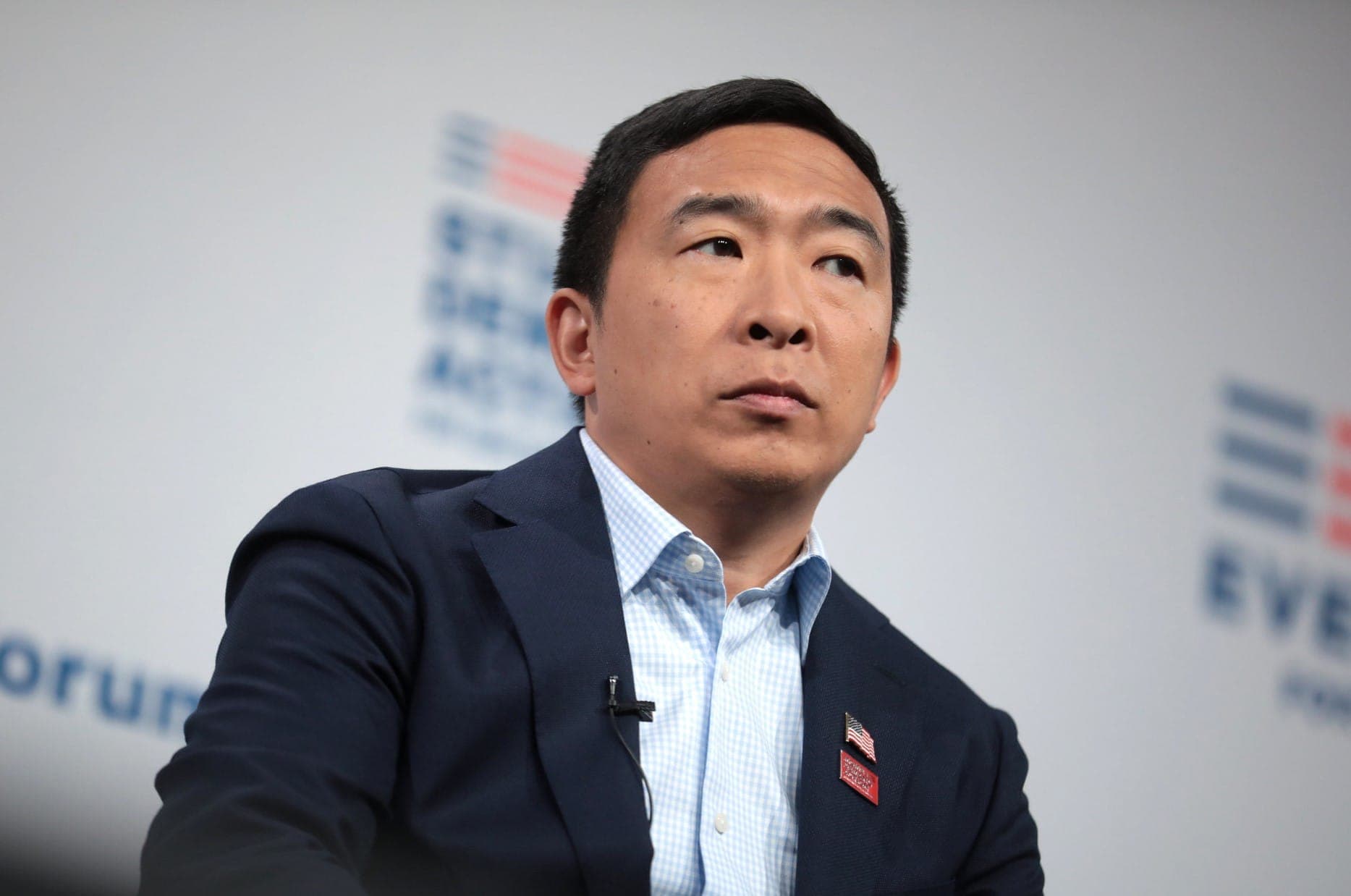Voters Agree CNN Debate Was a Trainwreck... And It Is a Reflection of US Elections

Photo Credit: Original photos by Gage Skidmore on Flickr. The photos were adapted and republished by Emma Kaden on Flickr.
"It was a sad day for the country."
Many voters have shared this exact sentiment in the days following the June 27 CNN presidential debate -- a night that left Jon Stewart exclaiming, "This cannot be real life!"
It was a night devoid of substance, which anyone who has been following presidential debates in modern history knew was going to be the case.
Candidates were given 2 minutes to discuss nuanced issues and 1 minute for response and rebuttal. The rules were designed for scripted talking points.
And in the end, voters saw a plethora of outlandish statements met with incoherence.
Do you want better debates? Sign the petition today!
The debate between former President Donald Trump and President Joe Biden was so bad that at one point the two men argued over their golf handicap.
Leading up to the debate, 71% of Americans said they wanted a third candidate on the debate stage -- which was nearly everyone who said they wanted debates period.
Voters want more options. But the rules of the CNN debate were designed to be like the rules of US elections:
The rules offered plenty of room for mudslinging and polarization at the expense of problem solving and choice. They served to re-enforce the two-party system in the US.
In his most recent podcast, former presidential candidate and Forward Party co-founder Andrew Yang focused specifically on reported panic in the Democratic Party.
Joined by former presidential candidate Dean Phillips staffer and member of the Forward Party, Zach Graumann, Gruamann said the first thing they could say is:
"Told you so."
"We've been calling this since November, this is why I worked for Dean," said Graumann. "This was the moment I was trying to avoid."
For months, the DNC has asserted that this election is about democracy vs authoritarianism while at the same time doing everything it can to suppress choice.
This started in the primaries. Would-be contenders to Biden for the party's nomination were denied debates, in many cases a place on the ballot, and any visibility.
This included Phillips, a sitting member of Congress.
The party even determined which voters they wanted to count in the nomination process, rendering some as meaningless.
The entire nomination process for both parties was over by Super Tuesday before much of the country had a chance to vote.
Trump has so much influence and control within the GOP that his nomination was all but guaranteed. He didn't even need to show up for debates.
And for millions of voters, they were denied a say completely because they choose to identify outside the two major parties.
If the stated goal is to protect democracy, the question then must be asked, democracy for whom? And on whose terms?
Voters are increasingly realizing that it's not on their terms -- especially under a system where two private corporations can decide that their votes mean nothing.
And when voters aren't put first, they get debates that serve the private interests of corporate sponsors over the public need for substance, nuance, and accountability.
Stewart exclaimed, "This cannot be real life!" And while millions of voters wish they could wake from this nightmare, they can't.
Because this is real life, and it won't get better until voters have a system that empowers choice and encourages competition in all facets of the political process.
 Shawn Griffiths
Shawn Griffiths







